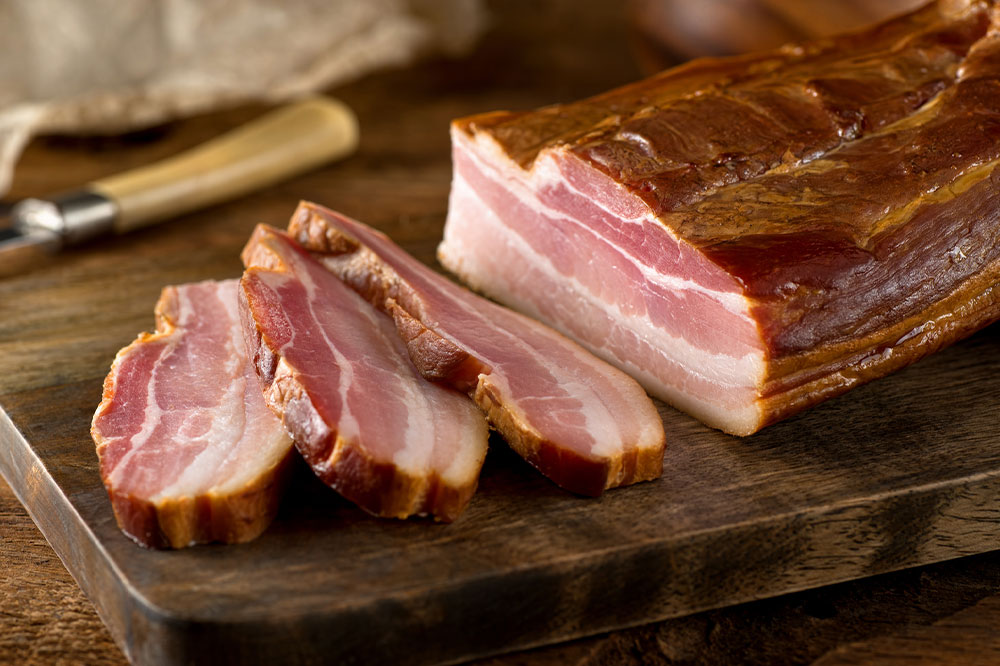9 foods to avoid while recovering from bronchitis

Bronchitis is a health condition involving bronchial tube inflammation. Patients typically cough up mucus and experience several other symptoms, including mild fever, sore throat, body ache, sinus, and shortness of breath. Bronchitis is typically bifurcated as acute bronchitis, lasting for a definite period, and chronic bronchitis , a long-term ailment. Timely treatment, adequate care, and lifestyle changes can steadily heal patients with bronchitis. Here are some foods you must avoid if you are suffering from bronchitis:
Dairy
Dairy products can trigger mucus production and aggravate one’s bronchitis symptoms. Thus, patients with bronchitis must consider limiting or avoiding dairy and dairy products and switching to non-dairy protein sources like lean meats, soy and soy milk, almond milk, and eggs.
Sugary drinks and desserts
Aerated drinks and beverages loaded with sugar are associated with inflammation, aggravated cough, and lung irritation. Consequently, they can severely impede the recovery of patients with bronchitis and should be strictly avoided. Sugar, in general, is detrimental to individuals with lung diseases — individuals with a high glycemic index may experience hyperglycemia symptoms, including the need to urinate frequently. Such symptoms can culminate in breathing issues, proving harmful to patients with bronchitis. Thus, avoiding or highly restricting your sugar intake is best for a speedy recovery from bronchitis and bronchial infections.
Foods containing sulfite
Sulfites are compounds in certain store-bought foods like pickles, shrimp, dry fruits, and lemon and lime juices. They are typically preservatives and can worsen lung diseases, including bronchitis. Individuals with bronchitis must steer clear of foods containing sulfites, preferably opting for preservative-free or homemade alternatives.
Red meat
Studies have demonstrated a strong correlation between red meat consumption and inflammation in the body. Individuals with bronchitis, who already have weakened immune systems, must avoid red meat, replacing it with a moderate intake of lean meats and poultry.
Salt
Although salt intake cannot be avoided, limiting the salt content in your foods is highly advisable if you have been diagnosed with bronchitis. Consuming excessive salt can contribute to water retention, causing major breathing problems and exacerbating one’s bronchitis symptoms. Store-bought processed foods like fries, wafers, cheese, popcorn, and peanuts typically contain salt in huge quantities and should be avoided. You may replace them with healthier substitutes like unsalted popcorn prepared at home and unsalted nuts and nut butters. Moreover, consider limiting the quantity of salt added to your home-cooked foods.
Deep-fried foods
Deep-fried foods contain high levels of trans fats, which are linked to several autoimmune diseases and cause lung inflammation. Thus, they can weaken your respiratory system over time, having more severe effects on patients with bronchitis. Try to replace deep-fried foods with roasted or steamed options like steamed vegetables and roasted foxnuts and peanuts (unsalted).
Cold cuts
Cold cuts contain nitrates, which significantly contribute to lung damage and COPD. People with bronchitis already have sensitive respiratory systems; thus, consuming cold cuts can obstruct the treatment course and recovery. It is best to avoid cold cuts and stick to healthier meats.
Foods causing acid reflux
Research reveals that individuals with lung conditions like COPD, emphysema, and bronchitis are highly susceptible to acid reflux. Thus, patients grappling with bronchitis must limit or avoid such foods, including citrus fruits, spices, caffeinated beverages, and readymade sauces.
Cruciferous vegetables
Although cruciferous vegetables like broccoli, kale, and cabbage are packed with nutrients and fiber, consuming them in large quantities can cause bloating and flatulation, which can aggravate breathing problems. Thus, it helps to consume cruciferous vegetables in controlled portions or avoid them altogether.
Individuals with bronchitis experience severe discomfort and distress due to breathing issues, cough, sore throat, and fatigue. However, proper treatment and care can help one recover steadily from the condition. Following a healthy food routine packed with proteins, vitamins, minerals, carbohydrates, and other essential nutrients and avoiding certain foods can expedite recovery. Reaching out to a healthcare provider in case of any discomfort is advisable. Follow these tips to manage bronchitis better.






